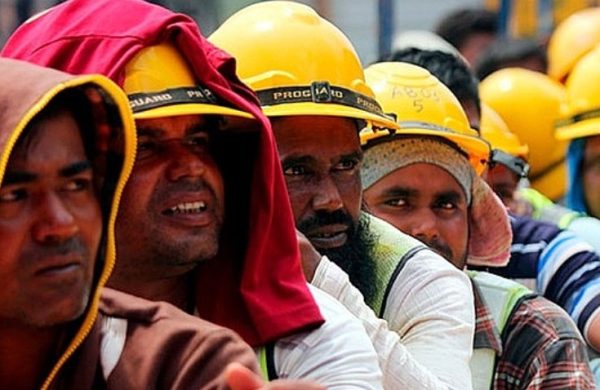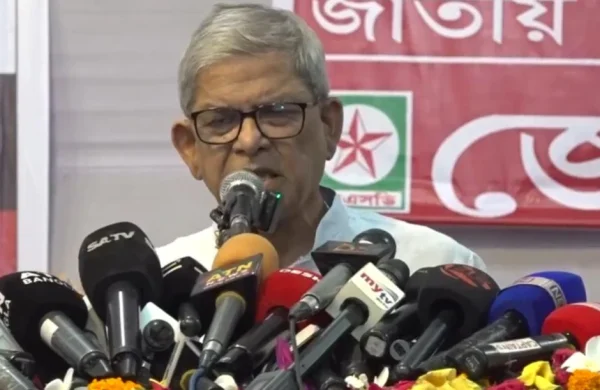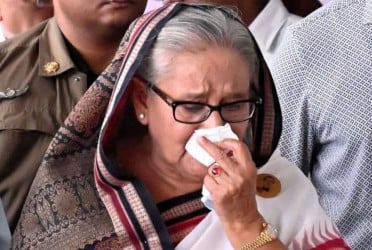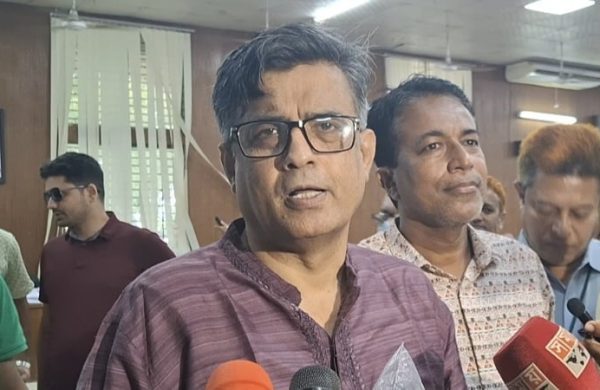Remittance at risk: Labor export stalls for BOESL inefficiency
- Update Time : Tuesday, September 9, 2025

TDS Desk:
Bangladesh’s overseas employment sector is once again facing turbulence as the state-owned Bangladesh Overseas Employment and Services Ltd., BOESL, struggles to send workers to Malaysia under the recently reopened labor market.
Despite Malaysia allocating slots for 7,873 Bangladeshi workers between July and December 2025 under its “One-Off Program” exclusively for Bangladeshi migrants, BOESL has so far failed to send even a single worker. In sharp contrast, Nepal has already deployed 20,000 workers under the same program and is processing another 30,000 by December.
COST DISPARITIES AND ALLEGATIONS AGAINST BOESL
The official migration cost through BOESL has been set at Tk 162,500, while private recruiting agencies are capped at Tk 78,900 — a figure widely regarded as unrealistic. Stakeholders question why the private sector is forced to operate under a much lower ceiling than the government agency, despite higher operational costs. Allegations are also mounting that BOESL is increasingly entangled in “visa trading.”
Historical data underscores BOESL’s inefficiency. From 2012–2016, under the G-to-G agreement, BOESL was exclusively mandated to send workers to Malaysia but managed only 7,000 deployments in five years, while Malaysia recruited over 1.5 million workers from Nepal, Myanmar, and Indonesia during the same period. Experts estimate Bangladesh lost the opportunity to send at least 500,000 workers, forfeiting nearly US$10 billion in remittance earnings.
DOUBLE STANDARDS IN INVESTIGATIONS
Recently, CID accused some private agencies of charging up to Tk 150,000 in migration fees and filed money laundering cases against them. Ironically, this amount is still lower than BOESL’s official charge of Tk 162,500. Industry insiders are questioning CID’s motives and alleging selective targeting of private recruiters.
Unlike Bangladesh, none of the other 14 source countries supplying labor to Malaysia have subjected their recruiters to such human trafficking or money laundering probes. As a result, Bangladesh is losing credibility and market confidence in Malaysia.
INTERNATIONAL CONCERNS AND EMPLOYER DISTRUST
The BOESL deadlock has alarmed Malaysian employers, many of whom are losing confidence in Bangladesh’s ability to supply workers efficiently. Industry experts warn that unless private agencies — which successfully deployed 755,000 workers under the G-to-G Plus framework (2017–2018, 2022–2024) — are brought back into the process, Bangladesh risks being sidelined.
Meanwhile, Malaysia continues to receive workers from competitor countries, while Bangladeshi migrants wait in limbo. Experts are urging authorities to allow private recruiters to step in immediately to save the current batch of 7,873 workers and prevent further reputational and economic losses.
IMPACT ON REMITTANCE AND THE ECONOMY
Remittance, a lifeline for Bangladesh’s economy, faces a severe blow if labor migration continues to stall. The prolonged stalemate threatens not only the workers’ future but also the country’s foreign currency reserves and global standing as a manpower-exporting nation.
Stakeholders have warned that unless the government reconsiders BOESL’s role, addresses the unrealistic migration cost structure, and stops harassment of private agencies, Bangladesh risks losing its long-held position as a preferred source of manpower in the international labor market.














